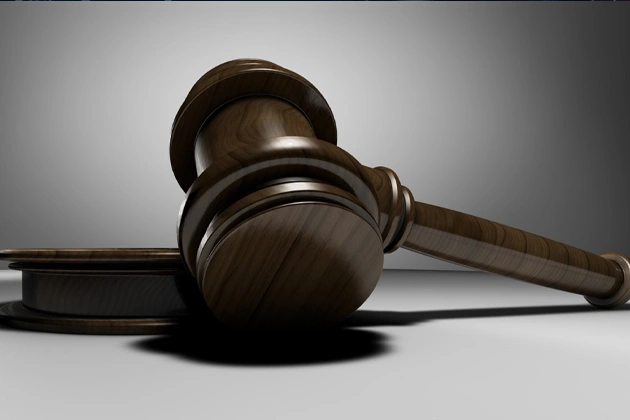When another person has caused some type of accident that resulted in your injuries by behaving negligently, you can hold them accountable under personal injury law. As you prepare to navigate the legal process with your Los Angeles personal injury attorney, you will hear a lot about damages, and you may be wondering what they mean.
Plaintiffs should understand the difference between compensatory damages and punitive damages, and when they may be awarded these types of compensation for their injuries.
Comparing the Differences Between Compensatory and Punitive Damages
An understanding of the differences between these types of damages can help you determine what you may be awarded in your personal injury case.
Compensatory Damages
Compensatory damages are most commonly awarded as a way to help plaintiffs make a financial recovery after they have been hurt in an accident. In essence, it’s about making your life as whole again as possible. These damages tend to include all of your medical expenses, lost income, property damage, and other out-of-pocket expenses associated with the accident.
Punitive Damages
Punitive damages are different from compensatory damages as they are meant as a punishment to the other party to hold them accountable for their reckless or malicious behavior. These are imposed to deter others from similar actions, though punitive damages are less commonly awarded.
For example, they won’t be awarded in every car accident case, though if the other driver was twice the legal limit, broke traffic laws, and caused you life-altering injuries, chances are high that punitive damages will be awarded.
A Deeper Look at Punitive Damages and When They Are Awarded in Los Angeles Personal Injury Cases
An at-fault party may be punished with punitive damages if they cause intentional harm, such as in the drunk driving example mentioned above. Everyone knows the dangers of driving while intoxicated and that it is an illegal action that puts others in danger. When someone gets behind the wheel in this way, they are deliberately causing harm.
Gross negligence may be another factor, even if there is no intent to harm. Someone who causes a serious crash while speeding, driving carelessly, or texting may face punitive damages.
There are also cases of willful misconduct, when a driver knowingly does not obey safety rules. Any of these types of actions may allow a plaintiff to receive punitive damages in a Los Angeles personal injury case.
Why Are Compensatory Damages Awarded?
California considers compensatory damages as economic and non-economic damages that are suffered by a victim after an accident. The reasoning is that you should not be forced to incur debt due to another person’s negligent actions.
One of the most commonly awarded compensatory damages is medical expenses. These include all of your medical bills associated with the injuries from your accident, from surgeries to physical therapy. Any long-term medical costs required will also be covered in this type of compensatory award.
Lost wages are another common part of compensatory damages for those who are unable to work after being injured. Whether you will miss work for a short time or you are permanently rendered incapable of returning to work, seeking lost wages helps you to provide for your family as you once did before these injuries.
In car accidents, damaged property is another part of compensatory damages that helps you repair or replace your vehicle. You may also include any personal belongings, such as your laptop, phone, or other important items that were destroyed in the accident.
As a non-economic damage, pain and suffering that you experience from your injuries will be awarded when these injuries take a toll on your physical and emotional well-being. Damages like these are harder to quantify, though your attorney will be able to help you prove their extent through the hiring of expert witnesses.
Calculating Your Damages in a Los Angeles Personal Injury Case
With compensatory damages, all economic damages, such as your medical bills, will have dollar amounts associated with them, making them the easiest to prove. Intangible losses such as mental anguish, pain and suffering, or loss of enjoyment of life will be based on your quantifiable damages and will need proof in the form of medical testimony, journals, and testimony from friends, family, or even coworkers.
As for punitive damages, either a judge or jury will look at the defendant’s actions and determine their severity. While insurance companies representing the other party will need to cover compensatory damages, they do not cover punitive damages. It will instead be the responsibility of the at-fault party, and based on their financial standing.










